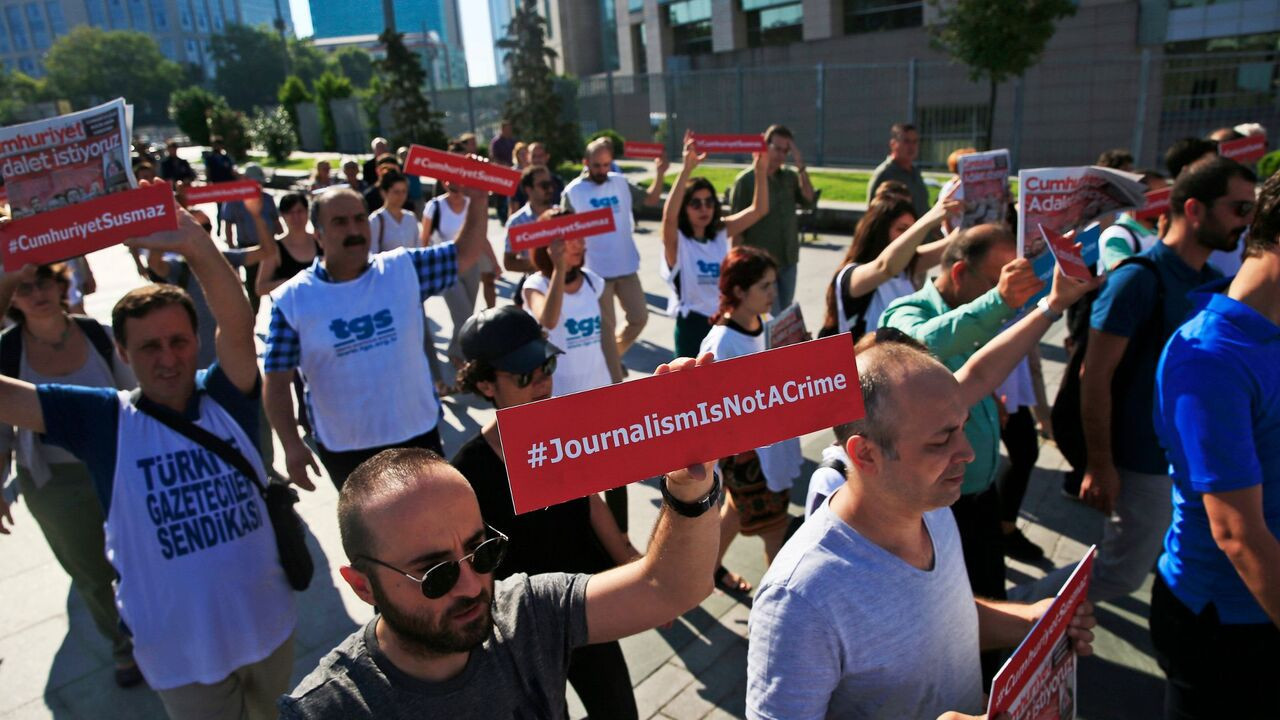Turkish government resubmits 'agents of influence' bill to parliament
The Turkish government has reintroduced the "agents of influence" bill to the parliament, previously withdrawn after public backlash. It proposes prison terms for those acting "under the strategic interests or instructions of a foreign state or organization."
Duvar English
The Turkish government has reintroduced the controversial "agents of influence" bill, which was removed from the 9th Judicial Package in 2023 due to objections from the opposition parties.
With the proposal, the government aims to introduce a new offense in the Turkish Penal Code to enhance efforts against “espionage activities.”
According to the information note on the proposal, “Those committing crimes in line with the strategic interests or instructions of a foreign state or organization, against the security of the state or its internal or external political interests, will be punished with three to seven years of imprisonment.”
The government has argued that this offense would address acts committed with espionage intent, beyond the acquisition or disclosure of documents and information. The punishment was expected to be aggravated if it would be committed in wartime.
In the previous legislative term, the draft included a clause targeting “those who conduct or commission research on Turkish citizens, institutions, or organizations, as well as foreigners residing in Turkey or those committing crimes in Turkey.” However, this provision has been omitted from the current draft.
The ruling Justice and Development Party’s parliamentary group chair Abdullah Güler, emphasized the growing number of crimes—such as murder, kidnapping, blackmail, and assault—committed by individuals working for foreign intelligence agencies in Turkey.
He stated that the new regulation aims to strengthen penalties for offenses committed in line with foreign interests and directives and claimed that the proposal is unrelated to the concept of “influence agents.”
Critiques
Critics have stated that the bill would be instrumentalized to threaten “journalistic independence and freedom of expression” like the government did with the infamous “disinformation law.”
Previously main-opposition Republican People’s Party (CHP) leader Özgür Özel criticized the draft and likened President Recep Tayyip Erdoğan to Russian President Vladimir Putin who also introduced similar laws targeting opposition.
Civil society organizations also criticized the proposal, warning that its vague definitions could be misused to target NGOs, which the government often labels as being influenced or controlled by Western interests.
In May, the Georgian also government passed a law requiring organizations established in Georgia that receive more than 20% of their funding from abroad to register as “foreign influence agents” or face fines.
Russia was the first country implementing an "agents of influence" law in 2012.

 Turkey’s ruling party drafts controversial legislation targeting ‘agents of influence’Politics
Turkey’s ruling party drafts controversial legislation targeting ‘agents of influence’Politics Over 217 years of imprisonment handed in cases regarding freedom of expression in Turkey: MLSA reportHuman Rights
Over 217 years of imprisonment handed in cases regarding freedom of expression in Turkey: MLSA reportHuman Rights Journalist on trial for 'disinformation' over tweet about Feb. 6 earthquake aidDomestic
Journalist on trial for 'disinformation' over tweet about Feb. 6 earthquake aidDomestic